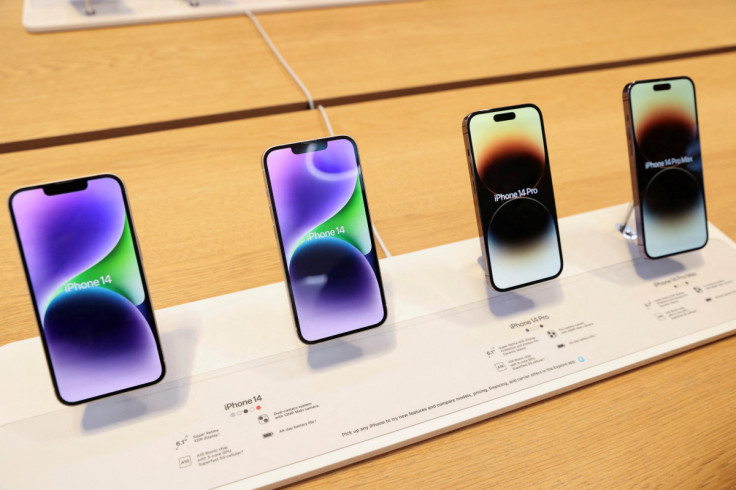Could China Be The Reason Behind Apple's RCS U-Turn?
Apple has prioritised its proprietary iMessage platform, leading to concerns about interoperability with other messaging services.

China is reportedly forcing Apple to replace the SMS and MMS system with RCS protocol, which is expected to arrive on the iPhone later this year.
With RCS messaging, texting between iPhones and Android will become a lot better. So, many users would welcome the possibility of Apple integrating RCS. However, it is worth noting that Apple previously stated that RCS on iPhones would "never happen".
So, what factors led the team to reconsider their initial position? New information indicates government pressure played a role, but it wasn't your typical political player.
Rumours circulated by John Gruber at Daring Fireball suggest that pressure from the Chinese government may have played a role in Apple's potential consideration of RCS messaging.
John Gruber says the only reason Apple decided to support the RCS protocol on the iPhone is because of China.
— IT Family media (@ITfamilymedia) February 17, 2024
there is a new law in China that will require 5G devices to support RCS to receive certification in the country pic.twitter.com/9QEGV97Hg2
According to information shared on Reddit, China is developing a law that requires 5G devices sold in the country to support RCS messaging. This could be influencing Apple's rumoured RCS implementation. However, there's still no official confirmation.
China's new law and the RCS puzzle
Gruber, a popular technology blogger, believes Apple would ideally not be too keen on adopting RCS and even refuse to support new messaging protocols. However, the company can't ignore the fact that China is a huge phone market.
In fact, Apple chief Tim Cook recently promised AI innovation after China sales dropped. Apple would have preferred to simply continue ignoring RCS, on the grounds that they do not want to offer support for any new E2EE protocols. "iOS support for RCS is entirely due to China," Gruber noted.
With a market share of 17.3 per cent, Apple became the biggest smartphone vendor by shipments in China for the first time in 2023, according to data shared by the International Data Corporation (IDC).
There are no prizes for guessing that a profit-driven business will not risk losing all that by refusing to improve inter-platform communication between iPhones and Android. So, it is safe to assume that Apple has no choice but to abide by the government's new rules.
Wait… what?! Am I dreaming? 😴💭
— Josh Long (the JoshMeister) (@theJoshMeister) November 16, 2023
Is this April Fools’ Day? 😜
This is really happening!? 🤯
Apple is finally taking my advice and adding RCS support to iPhone next year! 🙌😄
“Apple says it will work with the GSMA members on ways to further improve the RCS protocol. This… pic.twitter.com/9n19xQ12mW
In line with this, an earlier report indicated Apple is gearing up to make several notable changes to its future iPhones to comply with the EU law. Reportedly, the American tech giant could allow WhatsApp, Messenger, and other Meta apps to request to interoperate with Apple's iMessage.
Understandably, many initially speculated that the EU's Digital Markets Act (DMA) might have played a role in Apple's potential adoption of RCS messaging. However, the EU recently confirmed that iMessage doesn't qualify as a "core platform service" under the DMA, leaving experts to explore alternative explanations.
As a result, many have now pointed towards a potential new law in China requiring RCS support for 5G devices as a possible explanation for Apple's apparent change of heart.
So, you can thank the Chinese government for forcing Apple to bring RCS to the iPhone. While it is still unclear when the protocol will come to iOS, Apple might introduce it alongside iOS 18 in the fall.
© Copyright IBTimes 2024. All rights reserved.






